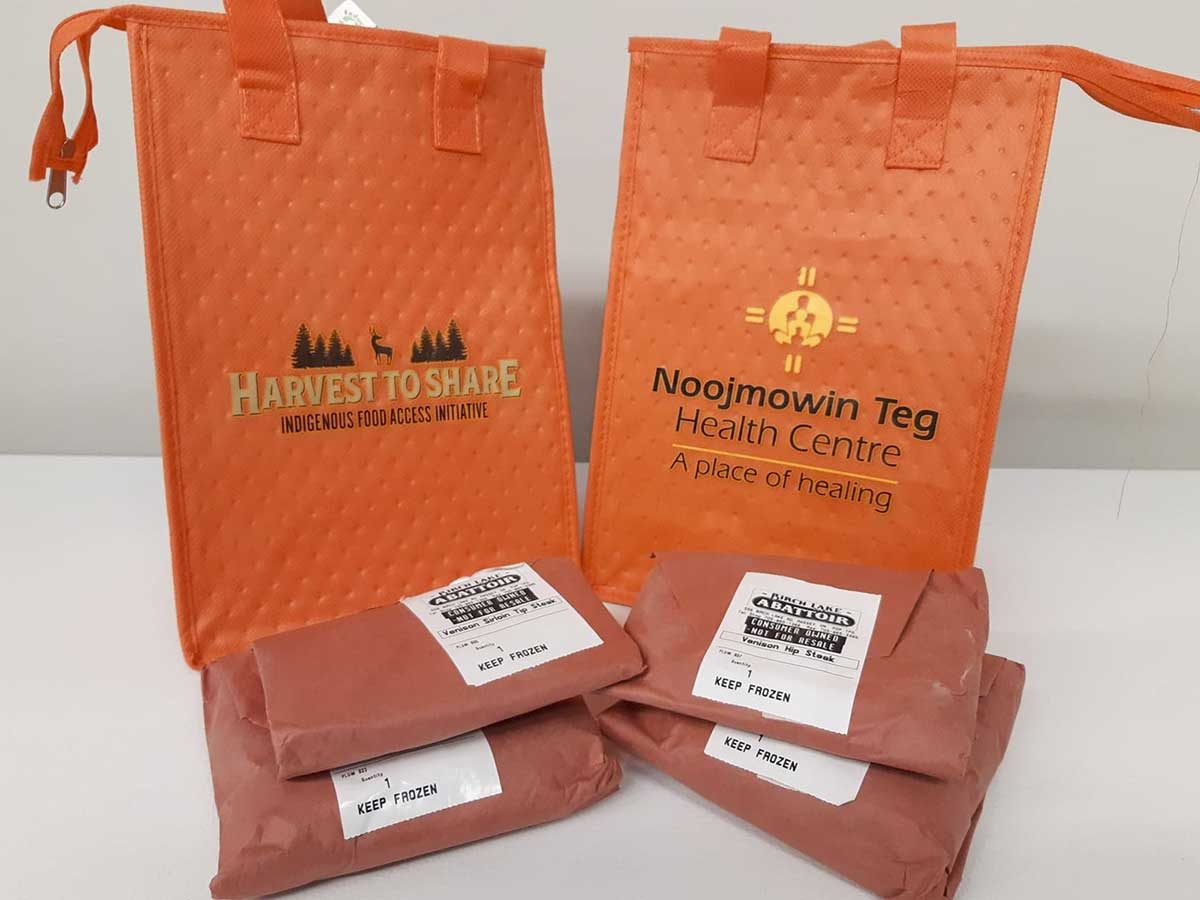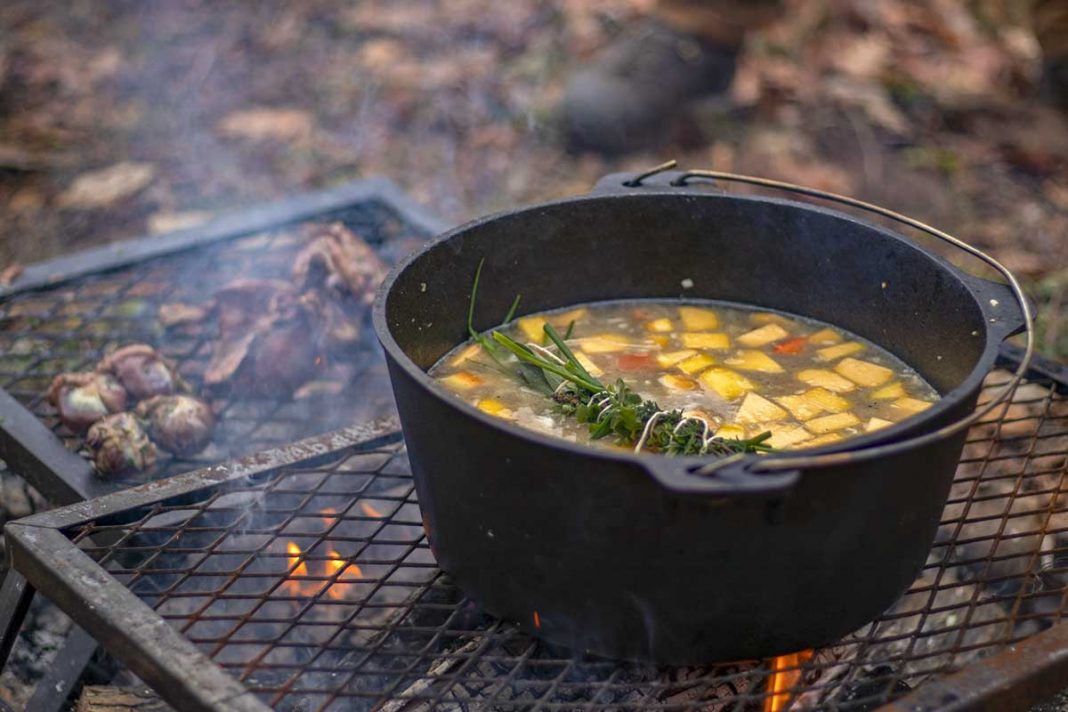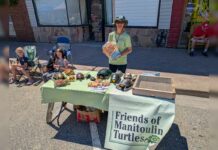AUNDECK OMNI KANING – Noojmowin Teg Health Centre’s Mshiikenh Mnis Wenjiing (Turtle Island Roots) program is preparing for the second year of its Harvest to Share program and organizer Courtney Kurek said she is looking forward to working with hunters to exchange butchering services for some of their meat.
“Harvest to Share is built to be reflective of the tradition of sharing the gifts of the harvest with the collective mindset that has shaped and sustained the Indigenous Peoples for years. The initiative relies on community connections to build awareness and interest in contributing to Harvest to Share,” said Ms. Kurek, the Indigenous foods co-ordinator at Noojmowin Teg.
Harvest to Share is a program that allows hunters to donate 1/3 of their animals to the program. There is no preference on which parts of the animal are given away; that decision is made by the hunters and butcher. In exchange for the free meat, Turtle Island Roots will cover the full costs of butchering services. In addition to hunted game, the program also welcomes fish, berries and other wild foods throughout the year.
“We use the meat for workshops and distribute it to households through a referral system. We reached 2,000 people with the meat that was donated last year and we’ve just run out of meat so our freezers are pretty empty,” said Ms. Kurek.
“It’s good we went through all of our stock and made room for our donations to come in shortly,” she said, adding that the program has already been promised parts of a moose and a deer at this time.
The program began when Noojmowin Teg’s child nutrition program co-ordinator Cody Leeson received community feedback that he should include more traditional wild foods in his workshops.
Later, Noojmowin Teg received grant funding from the Ontario Trillium Foundation and the Local Poverty Reduction Fund that created projects which are today known as the Manitoulin Community Fresh Food Initiative and Turtle Island Roots.
“Mshiikenh Mnis Wenjiing is a specialized branch within Local Food Manitoulin that focuses on revitalizing and enhancing existing connections with the knowledge and nourishment that these food sources have to share,” said Ms. Kurek.
Some initiatives within Mshiikenh Mnis Wenjiing in the past year have included ice fishing, wild edible walks and cooking demonstrations, maple syrup tours, staghorn sumac harvesting and a hunt camp in partnership with land-based recovery program Gwekwaadziwin Miikan.
Having a source of meat available for ceremonies and those who could not otherwise gather it on their own has proven to be invaluable on Manitoulin Island, according to Ms. Kurek.

“We’ve been getting great feedback. People are really excited that they’re receiving meat and we have elders in the community who say they haven’t eaten moose and deer in 20 years because they’re too old and have no family that could share their hunt. They’re really grateful to be receiving this meat,” she said.
Those looking to receive some of the harvested meat can get a referral through Ms. Kurek or a health professional.
In addition to gathering food sources, Ms. Kurek said the program will be collecting hides. This is for a hopeful future brain tanning workshop which is scheduled to be held over the winter.
“We just want to make sure the entire animal gets used and there’s nothing going to waste, so if (hunters) want to drop off their hide they should contact us,” said Ms. Kurek.
MCFFI and Mshiikenh Mnis Wenjiing will soon be merging under a unified umbrella of “Local Food Manitoulin,” a program that is designed to carry their work forward after the funding for the programs expires in 2020.
“Food is life and the Local Food Manitoulin movement is supporting people to harvest food from the forests, fields and freshwater and cultivate food sources at home and within the wider community,” said Ms. Kurek.
The new website for the program, LocalFoodManitoulin.com, will be launching soon and will feature past and future events, a local food calendar and recipes.
Anyone who wishes to trade a portion of their meat for the butchering costs should contact the Ms. Kurek and the Turtle Island Roots program. She recommended sending a message to the Facebook page at facebook.com/TurtleIslandRoots, or calling her at 705-368-0229, x218. Hunters can also email Ms. Kurek at Courtney.Kurek@noojmowin-teg.ca.






